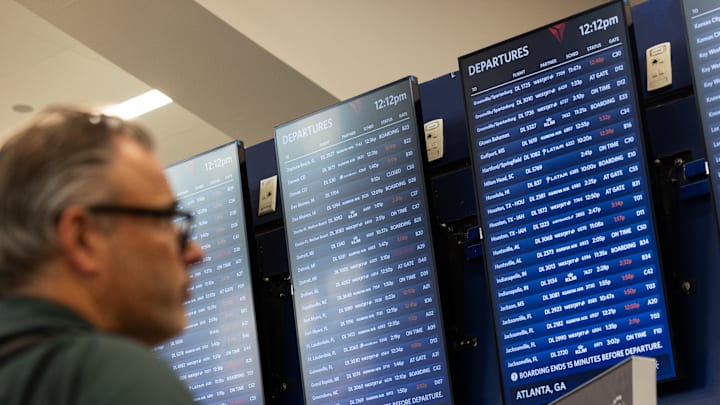Travelers are used to facing surging prices and hidden fees whenever attempting to book some time away. Whether it’s securing a hotel, plane ticket, Air BnB, or nearly any other service hidden fees will push the final price to new levels. The United States Department of Transportation attempted to halt that practice, but a US Appeals Court blocked the ruling, dealing a blow to what would be a big win for the Biden administration.
Back in April, the DOT released rules that required airlines and ticket agents like Ticketmaster to disclose the hidden fees linked to their products before a customer was at the final checkout screen. This would allow customers to avoid unexpected costs that have surged in recent years. According to the three-judge panel of the Fifth US Circuit Court of Appeals, this step “likely exceeds DOT’s authority and will irreparably harm airlines.”
American Airlines, Delta Air Lines, United Airlines, JetBlue, Alaska Airlines, and several others joined forces in an attempt to stop the order from going into practice. They joined with the International Air Transport Association and the Airlines for America trade groups to sue the DOT back in May.
The original plan had an October 30 deadline to bring the practice to an end. This would mean that all airlines and ticket agents would have to stop the practice and by April 30, 2025, all fees would have to be listed on their official website. According to those organizations, they would have to spend “millions” to make those changes to their websites.
“Nothing in the court’s decision prevents airlines from voluntarily complying with this common sense rule that simply requires them to keep their customers fully informed,” said a representative from the Department of Transportation.
This ruling comes at a time when airlines are looking at all possibilities to increase revenue. For example, Southwest has changed its first-come, first-served seating practices to confirm with more common practices, forcing customers to pay for primary seating. Multiple airlines also increase fees for checked bags. In 2023, airlines collected $7.1 billion in baggage fees, which is an increase from the $6.8 billion in 2022.
